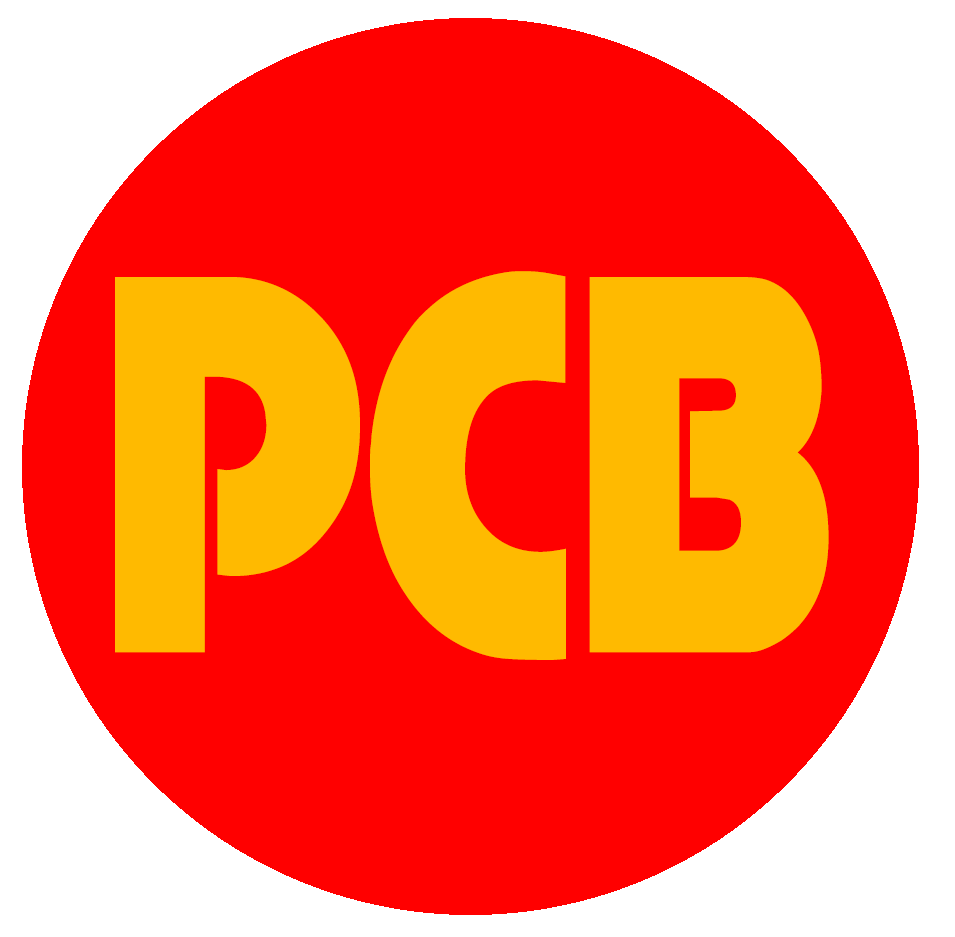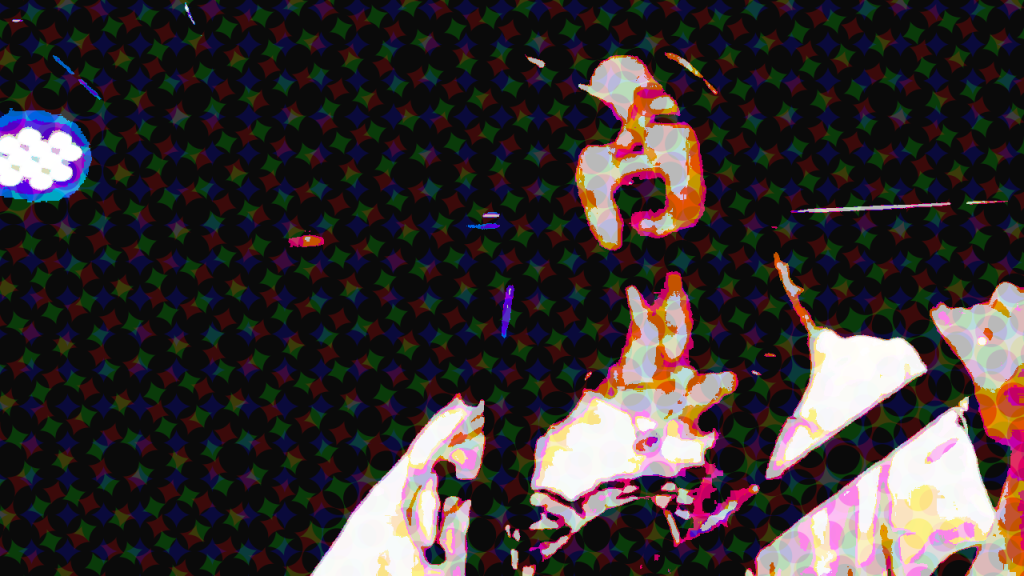By Keith Walsh
In Part 2 of our interview, Sandy Bell and Jeff LIpstein reveal more recording secrets including how they decided to record at Sterling Sound, talk about the live music scene around Woodstock, New York, and explain that sometimes falling in love with the lead singer is the right thing to do. (Part 1 is here, and my review of Entelechy is at Synthbeat.com.)
Popular Culture Beat: The song ‘Olivia Lumen’ is an example that evokes something nostalgic. How important is and was music from your parent’s generation to your musical inspiration?
Sandy Bell: It is a bit nostalgic. I agree with that! My parent’s music was important in the sense that it was a big part of my developing brain architecture. It likely laid out some sort of template for all that I do now. We also had such few external influences at that time, so entertainment was a thing you stopped for. You stopped to listen, or watch. You danced, you sang along. It wasn’t really a background thing. Music or TV had a stationing and gathering effect on our household. I liked that and in that way – it makes me feel like every note I write or word I sing has to be carefully selected.
Popular Culture Beat: What’s the live music scene like in and around Woodstock? How did playing live figure in the development of the album?
Sandy Bell: The music scene is changing a bit around Woodstock. I think for a while it was very much centered around sounds and people that evoke the 60s and 70s kind of vibe.. Obviously The Band / Dylan, all of the greats that originally made their way to Woodstock and put a real groove and feel into the soil. I swear you can hear Levon in the wind. But now it seems that all kinds of NYC musicians are making their way up here, especially since the pandemic. There are so many great classical and even electronic musicians abound. For me though, the sound of the record is still more about the land than the music somehow. It’s like a frequency match. But finding the locals here who were tapped into the land helped that resonance make its way onto every track. I can feel it at least.
Popular Culture Beat: How did you find Applehead Studio and Sterling Sound and how were the experiences there?
Jeff Lipstein: I had heard of Applehead Studios for years before moving up to this area but when we were getting ready to do Sandy‘s basic recordings for this album, we got in touch with Pete Hanlon, who is a good friend of ours, and we went to visit a few of the bigger studios up here but it just worked out with Applehead. They’re literally around the corner from where we live and they have incredible gear there and you know Mike who owns that place in Chris he’s the main in house engineer and Sam our intern were just super helpful. They had a decent Neve console and they had a great live room and some great mics so it all just made sense. I’ve done work there since and they keep upgrading the studio. It’s really really a great place to work. I remember the first day of tracking we were setting up and I walked into the kitchen and there was a goat in the kitchen just looking at me with those goat eyes, which I actually really loved and thought was a good omen.
As for Sterling Sound, I had worked with a bunch of Mastering engineers in the past. A couple from Sterling Sound before, a couple that are independent on their own, and I had one of these other people master a bunch of the record and I realized that that was not sounding the way I wanted. I then just asked myself the always useful question of what albums recently I have heard that I really love how they sound and the best sounding record that I had heard at that time was Ghosteen by Nick Cave. I remember listening to it. I was on a tour in my hotel room in Vilnius, Lithuania on the day it was released and I bought it because I was still buying music and I listened to it and still feel it’s one of the greatest albums I had ever heard in my life. So I was just like I’m just gonna look up who did it and it turned out that Chris Gehringer at Sterling Sound did it. I then dug deeper into his work and really really loved the St. Vincent albums and of the Jack Antanoff productions that he worked on. I knew he did a lot of really modern albums a lot of hip-hop albums like you know Lizzo, Lil Nas X and all these gigantic albums, but I also knew at this point you know I should just call the assistant or get in touch with them and see if he’d be willing to take on the project. I sent him one song, a really hard song to master, which is the second song on that album called ‘Angel of the Dying Self.” It’s very dynamic. It’s got orchestral features. It’s got drums it’s got soft parts it’s loud parts and I asked him to master that song, and when I got that song back from him, it was so much better than every other mastering engineer I’ve worked with that I just knew that was the way forward and luckily he was willing to take on the project. Chris, and Liz Abramsohn and everybody on his team at Sterling have been super super helpful in making this album sound as good as it does.
Popular Culture Beat: What mic did you use for Sandy’s vocals?
Jeff Lipstein: Firstly, thank you very much! The microphone we use for Sandy’s vocals for 90% of the album was a U47 clone made by a company named the Mic Shop. We were lucky enough to use one of their U47s, I think they call them the MS47 now, with the engineer Mike McCarthy on Sandy’s previous record When I Leave Ohio and we thought it sounded great with Sandy’s voice. We ended up getting to visit their shop in Franklin Tennessee with Mike McCarthy and got to meet Bill Bradley and James Brian there. I got in touch with James when we wanted to get a mic for this album and explained that we really loved Mike McCarthy‘s mic and he decided to make us a custom version of the MS 47 that’s really trying to clone Mike McCarthy‘s mic, which I’m sure he’s changed 1 million times since then! But for us this version of that microphone really works for Sandy’s vocals. There was one maybe two other songs which ended up being left off the record where we used an actual U47. There were two actual 47‘s during the making of this album of that other people owned. One belonged to Pete Caigan, who now owns Utopia Bearsville Studios, and there was one owned by Justin Guip who has an incredible studio on his property and where we did a few early days of vocal tracking. But in essence, it was all some version of a U47 and mostly all of it was this custom made MS47 from the Mic Shop. Thanks again to Bill and James for the help!
Popular Culture Beat: Jeff, are drums your primary instrument? What’s your musical education and on what instruments? What’s your go to drum set, and did you bring it to the studio?
Jeff Lipstein: Yeah Drums are my primary instrument. I’ve mostly worked as a drummer throughout my career. I did have early education on drums with teachers like Henry Adler and Dom Famularo who just recently passed. I also studied piano and harmony and theory with Paul Caputo who was a professor at Manhattan School of music for maybe 3 or 4 years starting when I was 15 years old. I also went to several different colleges for music, William Paterson College and Rutgers University and studied contemporary classical music and jazz and of course played in a ton of rock bands. I’ve collected Gretsch drums from the 60s and 70s that I primarily use for everything at this point. I just have a bunch of different sizes and then I have a different collection of snare drums and cymbals from various companies. For this album they were all Gretsch drums that I had brought to the studio, I think there were 70s 13 inch and 16 inch toms and then I brought a 60s 20 inch kick drum for some of the smaller sounding drum songs and I brought a 50s Gretsch 24-inch kick drum for some of the more rock songs and those drums usually cover anything I want to do on any session.
Popular Culture Beat: How did you two meet and how long have you been working together musically?
Jeff Lipstein: I met Sandy in the late 90s when she got to the East Coast. A mutual friend of ours was producing Sandy at the time named Billy White who we still love dearly! He saw me play with another group at the Living Room in New York and asked me to come play with Sandy. I then broke the cardinal rule and fell in love with the lead singer, and we have been living and working together ever since.
Sandy Bell dot com
Sandy Bell on Facebook
Sandy Bell on Instagram
‘Entelechy’ on Bandcamp
Applehead Recording dot com
Applehead Recording on Instagram
Sterling Sound dot com
finis

